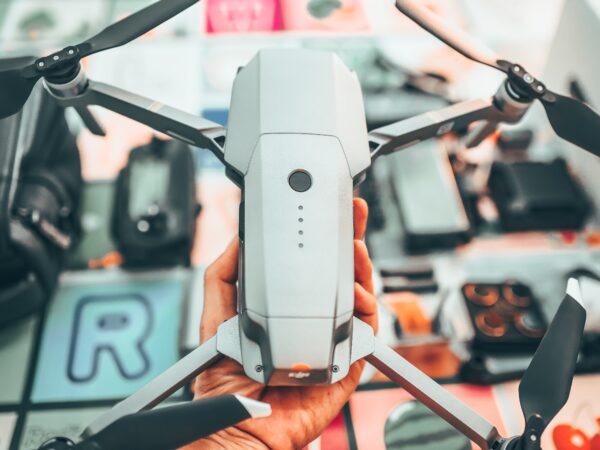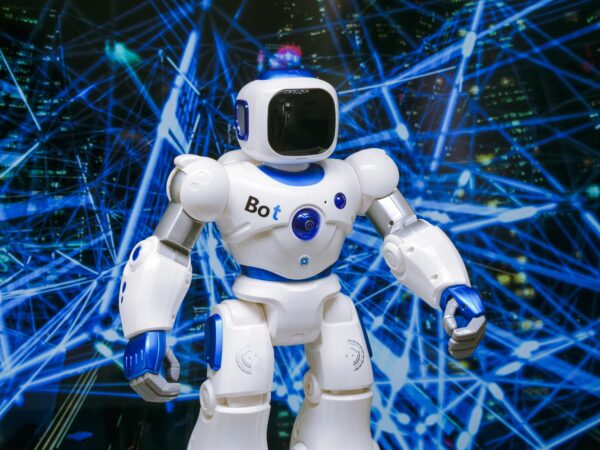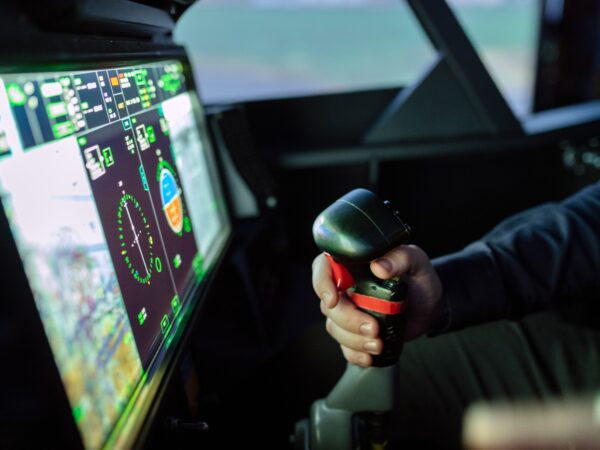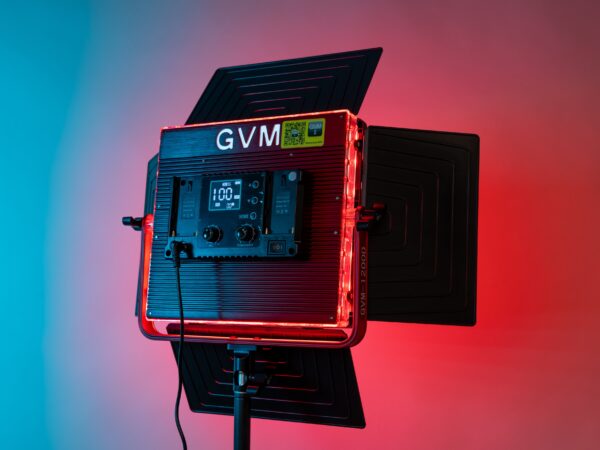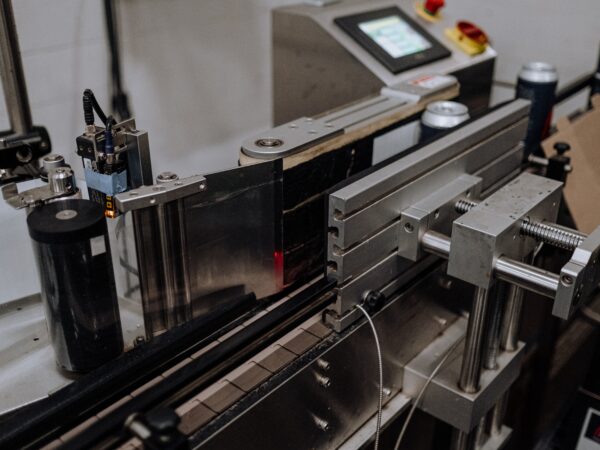Artificial Intelligence or AI has become a buzzword that’s been thrown around in various industries, and healthcare is no exception. From precision medicine to drug discovery, AI has the potential to revolutionize the entire industry. For decades, doctors and researchers have been working to bring innovation to the healthcare industry, and AI is the technology that finally offers the opportunity to do so. In this article, we’ll take a closer look at how AI is revolutionizing healthcare through the latest innovations.
Improved diagnosis and Personalized Treatment
The human body is complex and requires a lot of data analysis and interpretation to provide patients personalized treatments. AI can assist in analyzing large amounts of patient data accurately and efficiently.
Algorithms of AI can identify disease patterns that would be difficult for humans to notice, which can lead to earlier diagnoses and faster treatment. AI can also help doctors make faster and more accurate diagnoses, thus reducing the likelihood of misdiagnosis.
VoxelCloud, for instance, has developed an AI-powered software platform that enables doctors to quickly and accurately diagnose lung cancer. The company’s AI algorithms can detect cancerous lesions in CT scans and X-rays while also reducing the number of false positives. This reduces the need for biopsies, which can be expensive, time-consuming, and invasive.
Similarly, AI-powered technology can also help reduce physician workload and improve patient care. For example, Medial EarlySign utilizes machine learning algorithms to analyze numerous health parameters and medical records to predict possible complications and adverse outcomes among diabetic and cancer patients. This helps healthcare professionals take preventative action before it leads to an emergency.
Streamlining Administrative Processes
Besides diagnostics, AI is also supporting healthcare facilities to streamline administrative processes that can often be time-consuming and take-up resources that would be better invested in patient care. AI can automate administrative tasks, such as scheduling appointments, billing, and coding, freeing up doctors’ and staff’s valuable time.
One example is Olive AI, an automated platform that connects various hospital software systems to optimize workflow and ensure a more straightforward and efficient process. Olive’s AI algorithms analyze and identify suggestions for streamlining and prioritizing tasks to reduce wait times and improve the quality of care. Overall operations can become more efficient than traditional manual methods.
Drug Discovery & Development
Drug discovery and development is a long and expensive process that can take up to a decade or more. AI can cut down costs and accelerate the process. AI algorithms can quickly analyze data and identify patterns that would be nearly impossible for humans to do so.
One example is BenevolentAI, an AI-enabled drug discovery company that utilizes deep learning systems to analyze vast amounts of biomedical data to find potential drug candidates for illnesses such as COVID-19.
Medical Imaging Diagnosis Support
AI can also enhance Medical imaging diagnosis. Medical images produce a vast amount of data, so much that it can be challenging for physicians to analyze and identify patient-specific insights.
AI-powered detection software can analyze medical images and identify specific areas that require further attention, such as patient-specific predictive markers, diagnosis, treatment planning, and monitoring.
Hematology is one area that has seen significant improvements in this regard. Israeli AI medical imaging developers, Zebra Medical Vision, use deep learning algorithms to identify, detect and diagnose diseases such as osteoporosis, liver disease, and breast cancer, among others.
Hospitals can reduce human error and adopt more accurate and efficient patient treatments by employing this technology.
Robotics in Surgery & Advanced Robotics
As we discussed, AI is revolutionizing healthcare in various ways so far, positioning the industry towards a better future. One of its major contributions can be seen in robotics in surgery. Surgery carries risks and can cause patients to undergo long hospital stays. However, AI-powered surgical robots provide surgeons with greater precision and accuracy, speeding up recovery times and reducing the risk of complications. Furthermore, newer AI-powered robots are now taking over more non-surgical roles, from dispensing medication to providing remote assistance to patients.
Conclusion
AI is revolutionizing the healthcare industry in numerous ways. With faster, more accurate diagnoses, improved personalization of patient treatment, streamlined administrative processes, and more rapid drug discovery improvements, it is taking healthcare professionals to new heights of innovation.
The ability to process large amounts of medical research data and information provides insights never before realized.
AI will continue to drive the healthcare industry forward, potentially leading to further improvements in many medical areas, including disease prediction and prevention. Its possibilities are endless, leading to more efficient medical systems’ future, merging human expertise with advanced software solutions.
AI provides the potential to change many facets of healthcare. Its transformative capabilities covered in this article illustrate how it’s paving the way for a better healthcare system.





